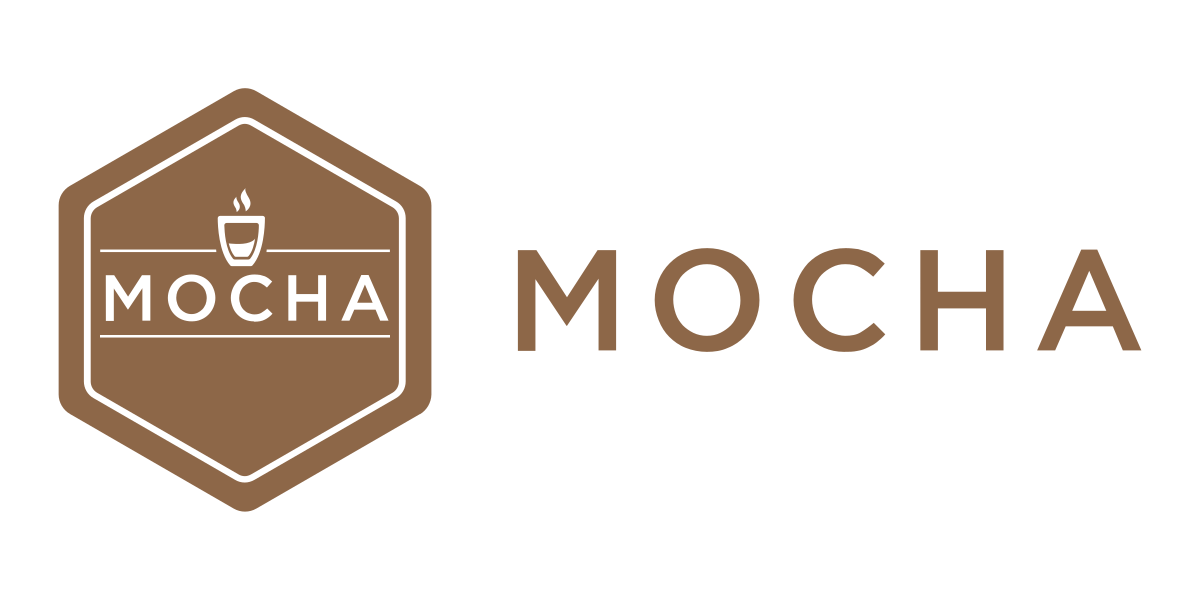Proxy Servers for Mocha.js

Proxy servers for use in Mocha.js. Unlimited traffic. Supported protocols: HTTP, HTTPS, SOCKS 4, SOCKS 5, UDP. Rotating proxies with pay-per-request. Reliable and stable connection with 99.9% uptime. Fast speed. Technical support 24/7.
Price: 59
Price Currency: USD
Operating System: Windows, macOS, iOS, Android, Linux, Ubuntu
Application Category: UtilitiesApplication
4.7
What is Mocha.js Used for and How Does it Work?
Mocha.js, often referred to simply as Mocha, is a popular JavaScript testing framework used primarily for testing web applications and Node.js applications. It is widely recognized for its versatility, ease of use, and robust testing capabilities. Mocha.js allows developers to write tests using various assertion libraries, making it a flexible choice for testing different types of applications.
Key Features of Mocha.js:
Here are some key features and functionalities of Mocha.js that make it a go-to choice for developers:
-
Test Suites: Mocha organizes tests into suites, making it easy to group related test cases together. This modular approach enhances test organization and maintainability.
-
Test Hooks: Mocha provides hooks such as
before,beforeEach,after, andafterEach, allowing developers to set up and tear down test environments as needed. -
Assertion Libraries: Mocha supports multiple assertion libraries like Chai and Should.js, giving developers flexibility in choosing their preferred assertion style.
-
Async/Await Support: Mocha offers native support for testing asynchronous code using
asyncandawait, making it suitable for modern JavaScript applications. -
Reporter Options: Mocha provides a variety of built-in reporters and allows custom reporter configurations, enabling developers to generate detailed test reports in different formats.
-
Browser Testing: While Mocha.js is primarily used for Node.js testing, it can also be employed for browser testing with the help of browser automation tools like WebDriver.
Why Do You Need a Proxy for Mocha.js?
When it comes to testing web applications, especially in a real-world scenario, there is a need for utilizing proxies, including data center proxy servers like those offered by OneProxy. Here’s why:
1. IP Rotation:
- Avoid IP Blocking: Testing web applications can result in IP blocking, especially when making numerous requests in a short period. With proxy servers, you can rotate IP addresses, reducing the risk of getting blocked.
2. Geolocation Testing:
- Testing Regional Restrictions: Some web applications have regional restrictions. By using proxy servers in different locations, you can test how the application behaves for users from various geographical regions.
3. Load Testing:
- Distribute Traffic: In load testing scenarios, you can distribute the traffic among multiple proxy servers to simulate concurrent users, ensuring your application can handle heavy loads.
4. Anonymity:
- Protect Your Identity: When testing third-party websites, you may not want to reveal your real IP address. Proxy servers help maintain anonymity during testing.
Advantages of Using a Proxy with Mocha.js:
Now, let’s delve into the advantages of combining Mocha.js with proxy servers:
1. Enhanced Security:
- Protection Against IP Blocking: Proxies shield your IP address from being blacklisted, ensuring uninterrupted testing.
2. Geographical Flexibility:
- Access Restricted Content: With proxy servers in different regions, you can access geo-restricted content for comprehensive testing.
3. Scalability:
- Simulate User Behavior: By distributing requests through proxy servers, you can simulate user behavior at scale, helping you identify potential bottlenecks in your application.
4. Privacy:
- Hide Your Identity: Proxy servers keep your identity hidden while interacting with third-party websites, ensuring your privacy.
What Are the Сons of Using Free Proxies for Mocha.js:
While free proxies may seem enticing, they come with drawbacks when used for Mocha.js testing:
| Cons of Free Proxies | Description |
|---|---|
| Limited Performance | Free proxies often have limited bandwidth and speed. |
| Unreliable Availability | They may suffer from frequent downtime and instability. |
| Security Risks | Free proxies can be less secure, potentially exposing your data. |
| Lack of Support | Limited or no customer support for troubleshooting issues. |
What Are the Best Proxies for Mocha.js?
Choosing the right proxy servers for Mocha.js testing is crucial for a seamless testing experience. Consider these factors:
1. Dedicated Data Center Proxies:
- Reliability: Dedicated data center proxies, like those offered by OneProxy, are highly reliable with guaranteed uptime.
- Speed: They offer fast connection speeds for efficient testing.
- Customization: OneProxy provides customizable proxy plans to suit your specific testing needs.
2. Residential Proxies:
- Authenticity: Residential proxies use real IP addresses, making them suitable for scenarios requiring genuine user interactions.
3. Rotating Proxies:
- IP Rotation: Rotating proxies automatically change IP addresses at set intervals, ideal for avoiding IP blocking.
How to Configure a Proxy Server for Mocha.js?
Configuring a proxy server for Mocha.js involves specifying proxy settings in your testing environment. Here are the basic steps:
-
Install a Proxy Library: If using Node.js, you can install proxy libraries like ‘http-proxy’ or ‘axios-proxy’ to handle proxy requests.
-
Set Proxy Configuration: Define the proxy server’s address and port in your Mocha test scripts.
javascriptconst axios = require('axios');
const proxy = 'http://your-proxy-server:port';
axios.defaults.proxy = {
host: proxy,
};
- Execute Tests: Run your Mocha.js tests as usual, and the requests will be routed through the configured proxy server.
In conclusion, Mocha.js is a powerful testing framework for JavaScript applications, and when combined with proxy servers like those provided by OneProxy, it becomes even more versatile. Proxies enhance security, enable geolocation testing, and ensure scalability, making them invaluable tools for comprehensive application testing. However, it’s crucial to choose the right type of proxy server, such as dedicated data center proxies, to maximize the benefits and reliability of your testing setup.













